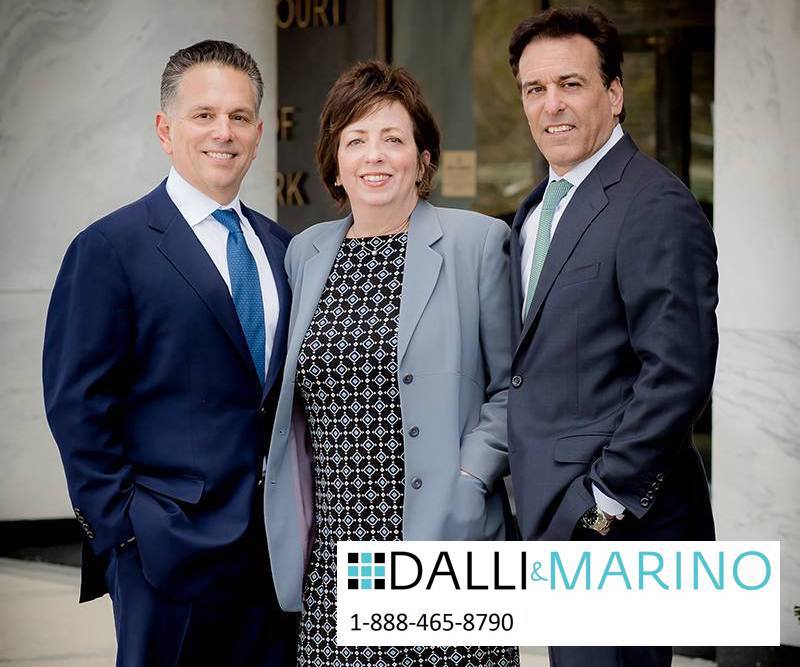Bedsores are a leading indicator of nursing home neglect. The appearance of these injuries usually means that the resident was not properly moved or transferred as required, cutting off the blood supply to the skin. If your loved one has developed bedsores in a skilled nursing facility, you may want to hold that entity and its staff accountable for their negligence by filing a personal injury lawsuit.
“An experienced nursing home abuse attorney can help determine if you have a case and guide you through the legal process,” said John Dalli, a partner in the law firm Dalli & Marino LLP. “Bedsores are never the fault of the resident, so you should definitely start asking questions if you see these injuries start to occur.”
Does Your Bedsores Claim Fall Within The Statute Of Limitations?
The first step of a bedsores claim is to review the statute of limitations – the deadline that state imposes on these types of lawsuits.
In New York, you generally have three years to file a personal injury lawsuit if the claim is based on negligence. However, if a claim involves medical malpractice, then the statue of limitations decreases to 2 ½ years from the end of the treatment by the facility or doctor that committed the malpractice.
What’s the Overall Process for a Bedsore Lawsuit?
All lawsuits are unique, but they usually follow the same pre-trial path:
- A complaint is filed
- Discovery is conducted
- Settlement negotiations take place
- If no agreement is reached, the case goes to trial
Note: Just because a case is filed, there is no guarantee there will be a recovery.
Filing A Complaint
The person bringing the lawsuit, the plaintiff, files a complaint in the proper court. That complaint is then served on the defendant – the person or entity from whom compensation is sought.
The defendant can respond by filing an answer, which usually denies the plaintiff’s allegations. The answer also often features the defendant’s counterclaims and defenses.
In lieu of an answer, a defendant may instead file a motion to dismiss. If this happens, the plaintiff files a response to that motion and a hearing is held where a judge decides whether or not the case should be dismissed. If the judge decides to proceed, then the defendant must file an answer and the case moves to the discovery phase.
Discovery
The discovery phase of litigation is where each party builds their case and learns information from the other side through various discovery tools, including:
- Interrogatories (Written questions)
- Requests for Production (of documents, photos of bedsore injuries, etc.)
- Request for Admission
- Deposition
Discovery takes time to complete, depending on the complexity of the case. Disputes over specific witnesses or evidence requested can extend the timeline. Once the discovery is concluded, the case moves to trial, which can take several months or even years depending on where the case is filed.
Settlement Discussions:
Many cases are not decided at trial. The vast majority of civil cases end in a settlement agreement. Discussions can occur throughout the litigation process. An agreement can be reached through negotiations conducted by the parties or by going through a mediator. If an agreement can’t be reached, then the case may proceed to trial.
Next Time:
What’s the process when your bedsores lawsuit against a nursing home goes to trial?
Contact Nursing Home Abuse Attorneys
 Bedsores are the #1 sign of neglect at a nursing home. If your loved one has developed this type of injury at a skilled nursing facility in New York, call the law firm of Dalli & Marino for a free case evaluation. Our attorneys have extensive experience fighting on behalf of those who have been subject to abuses while in residential care facilities. Our team serves Suffolk and Nassau Counties (Long Island), Manhattan, Brooklyn, the Bronx, Queens, Staten Island and Westchester County.
Bedsores are the #1 sign of neglect at a nursing home. If your loved one has developed this type of injury at a skilled nursing facility in New York, call the law firm of Dalli & Marino for a free case evaluation. Our attorneys have extensive experience fighting on behalf of those who have been subject to abuses while in residential care facilities. Our team serves Suffolk and Nassau Counties (Long Island), Manhattan, Brooklyn, the Bronx, Queens, Staten Island and Westchester County.
You can contact us by phone at 1-888-465-8790 [Toll-Free] or complete the CASE EVALUATION FORM on our Contact Page.
